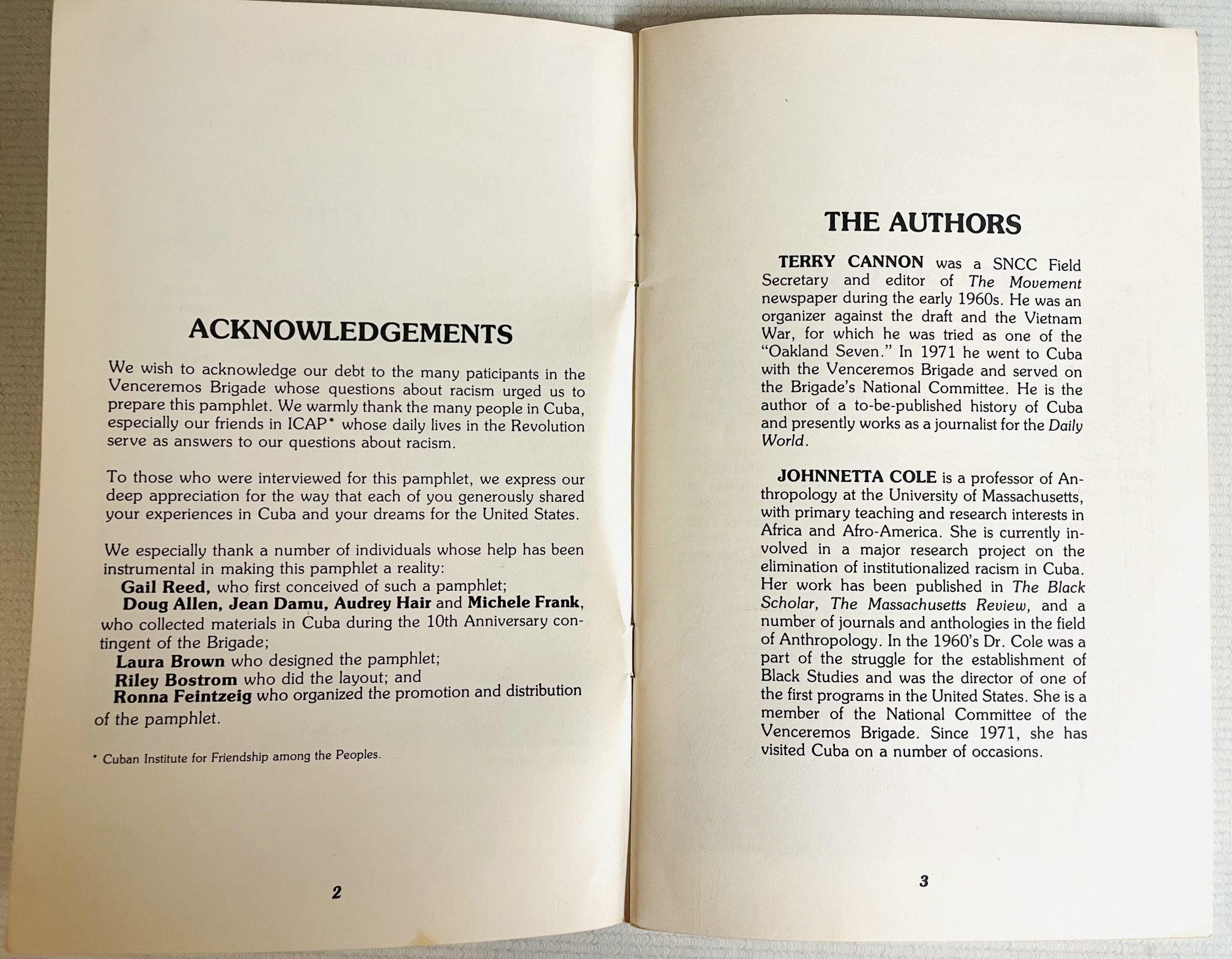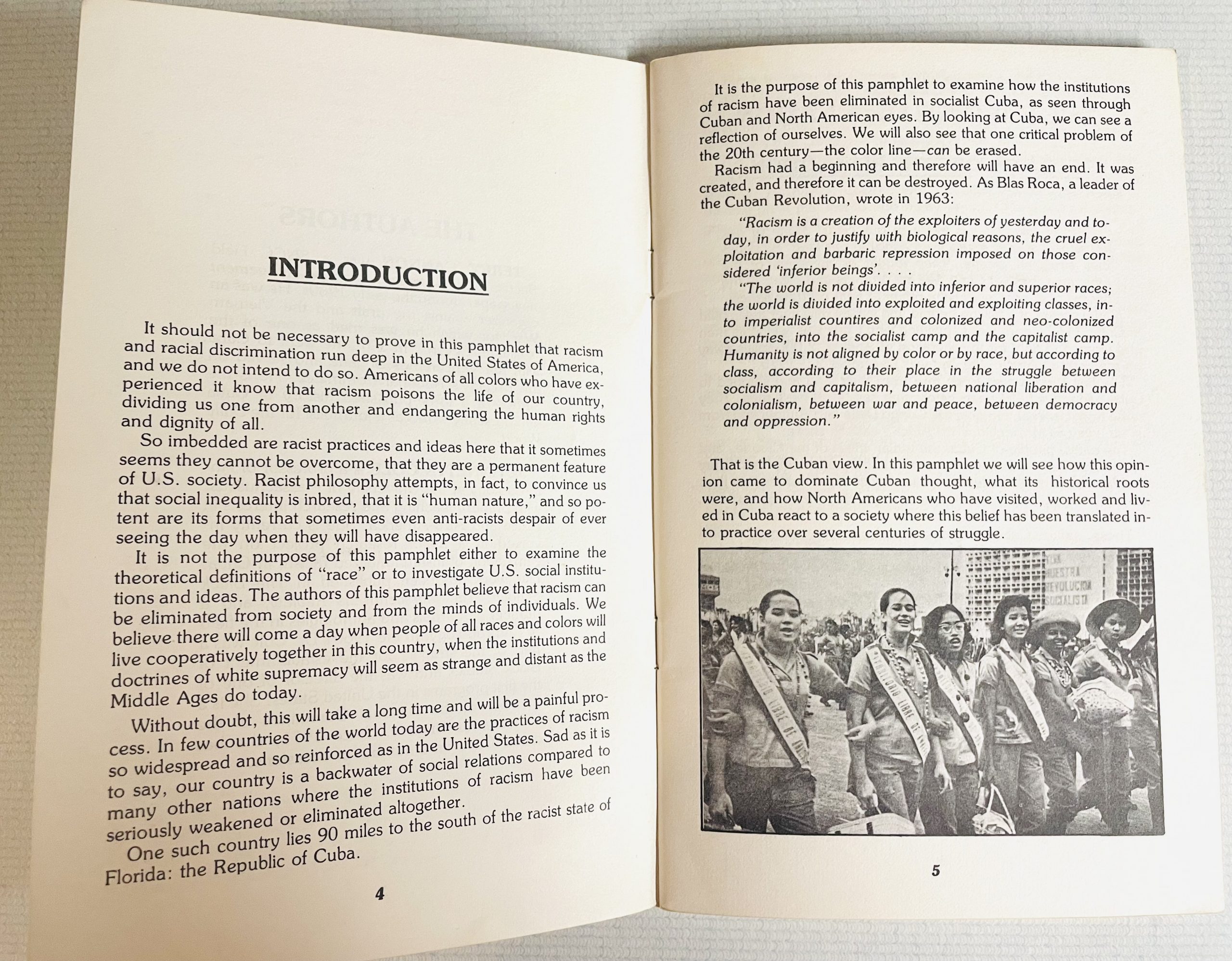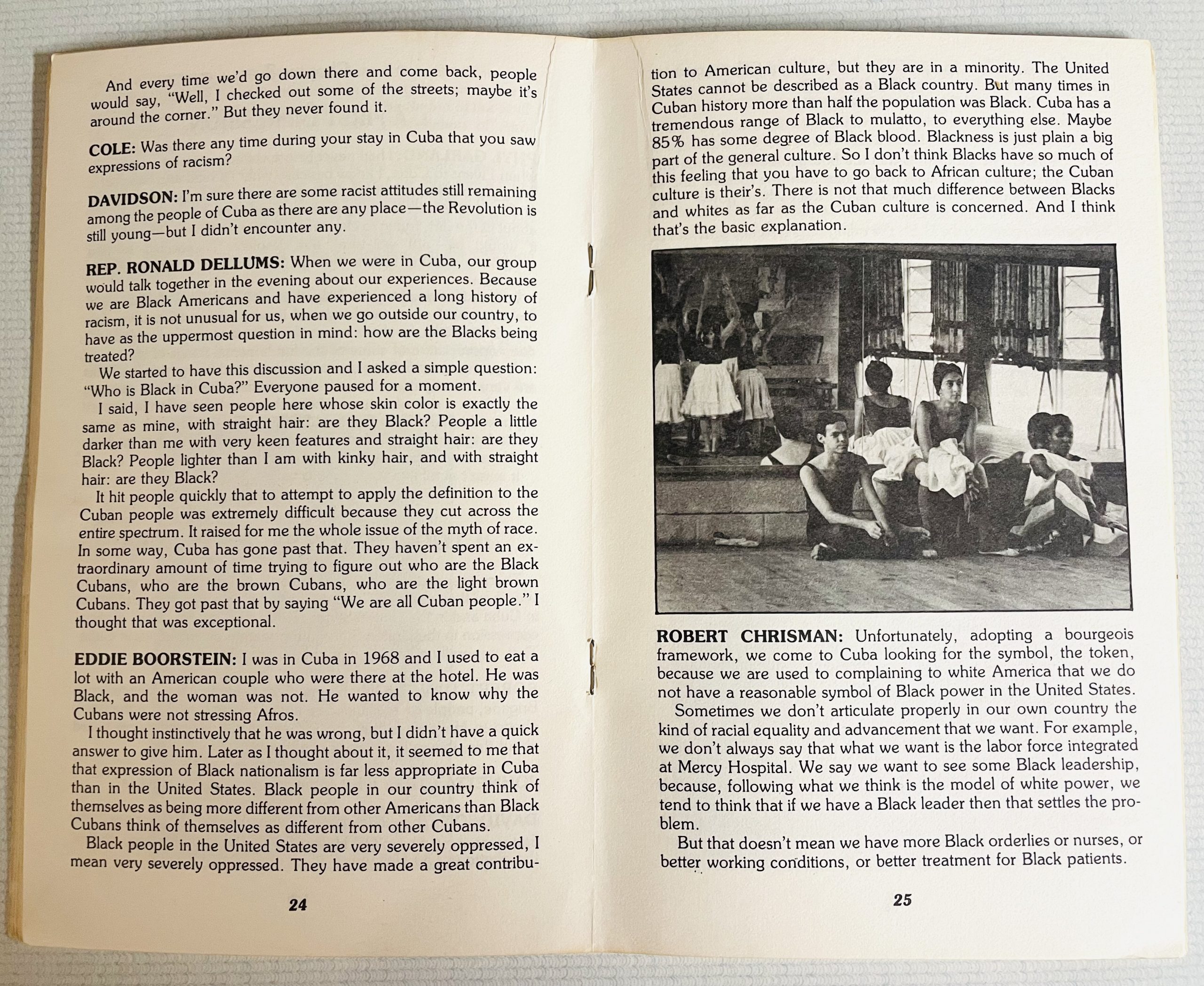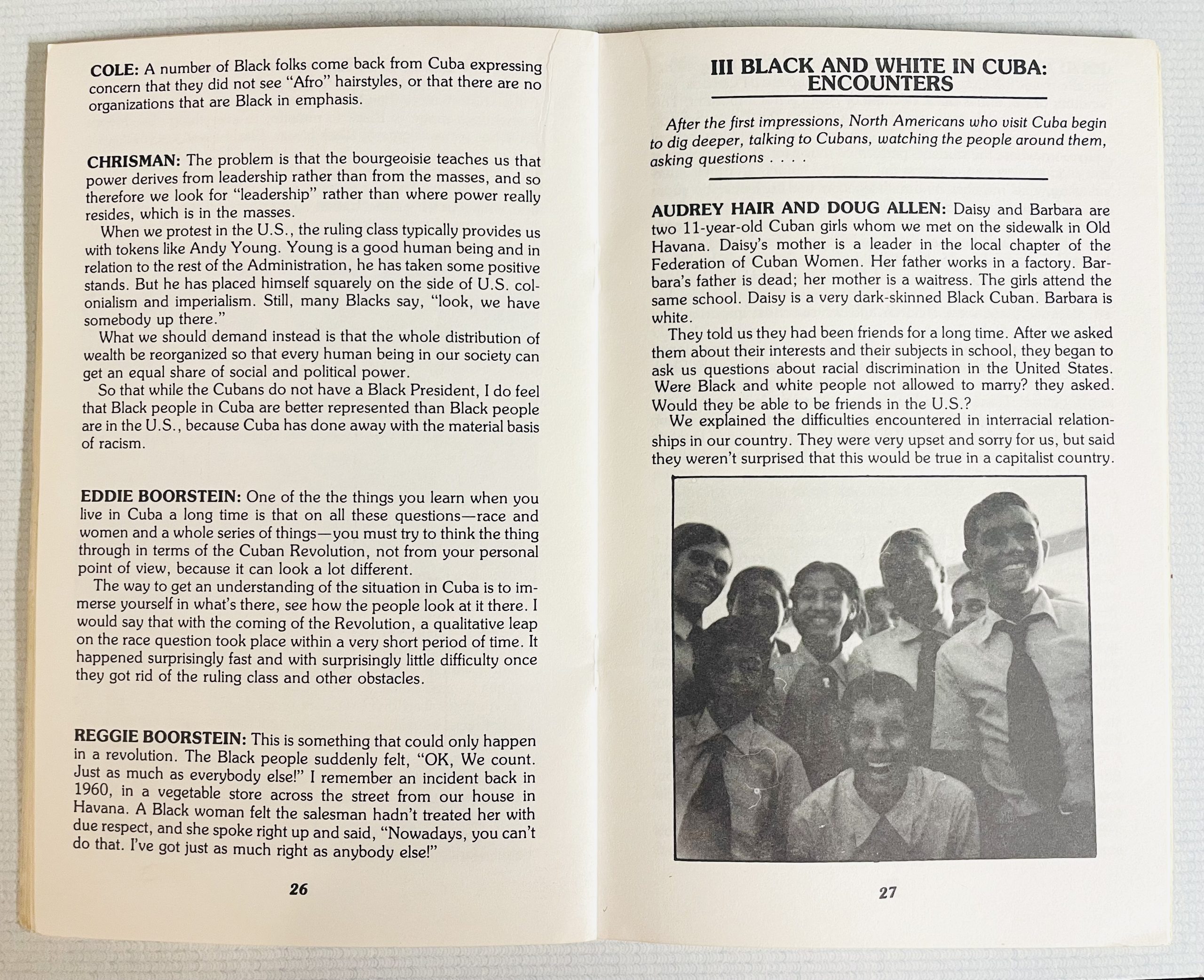For much of its first three decades in power, the Cuban government spent an astonishing amount of money, time, and effort courting the white American and Western European “Left”, particularly through its Soviet-modelled Instituto Cubano de Amistad con los Pueblos [Cuban Institute of Friendship with the People, ICAP], originally founded in the early 1940s by Stalinist leaders of the Partido Socialista Popular, a label Cuban Communists adopted until 1965. ICAP even went so far as to pay for the trips to Cuba of US civil rights and anti-Vietnam War activists in the 1960s, sometimes through front groups that denied their Communist Party connections, such as Fair Play for a Free Cuba. By simply traveling to Cuba and expressing a mostly uncritical solidarity with Fidel Castro’s regime in the 1970s and 90s, many thousands of Americans later sought to rebuke the imperial economic policies of the United States toward much of the formerly colonial world and, in the case of Latin America, its support for violent rightwing dictatorships over politically moderate states that might have addressed the demands of citizens rather than those of the United States. Groups like the Venceremos Brigades went further, however, in promoting Cuba’s socialist system among the US public. Often their literature represented the Cuban government as a model state, entirely free of the repression and authoritarianism choking Latin America. In this pamphlet, authors echo the Communist Party and Fidel Castro’s official line that their policies had eliminated racism and should be copied elsewhere. Most sources of proof that Cubans were “free and equal” are testimonials from American expatriates, young Cuban kids, and fellow Cuban solidarity activists like the authors themselves. In this sampling of pages, Marxist economist and American expat Edward Boorstein argues that Black Cubans were not wearing the “Afro” style of hair because the Black Power movement and Black pride consciousness simply had no appeal or real place among Black Cubans. In doing so, Boorstein deliberately silences what any Black Cuban on the island knew to be true from the late 1960s through the 1970s: that is, wearing an Afro hairstyle not only constituted a political crime of “ideological diversionism” according to the Communist Party, but having an Afro (along with other fashions, such as wearing sandals) inevitably involved a penalty. Punitive measures ranged from demotion at work or school on grounds of disloyalty and acts of public shaming to a sentence of hard, unpaid labor at a “re-education” camp until authorities deemed one’s “attitude” toward the Revolution had changed. Personal Collection of Lillian Guerra.




